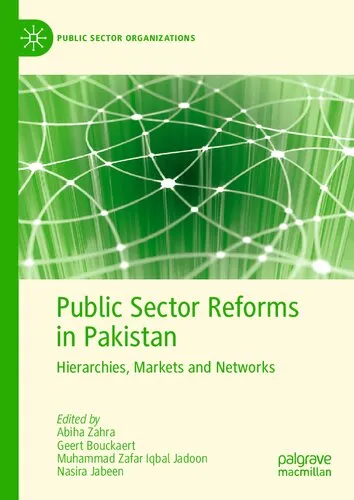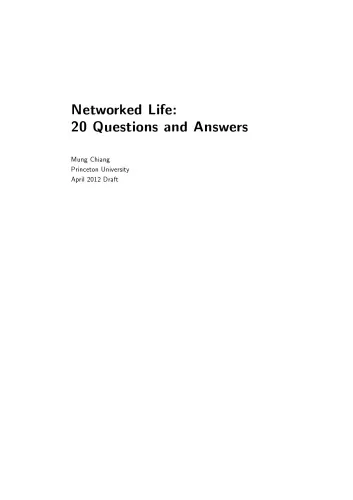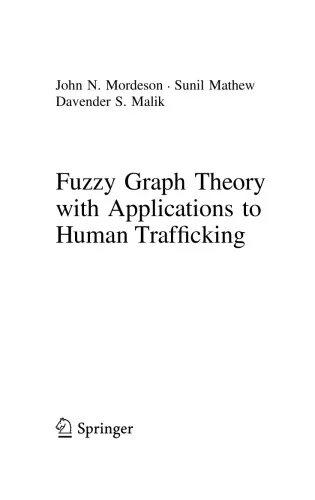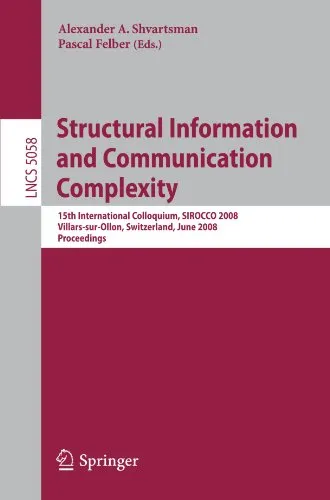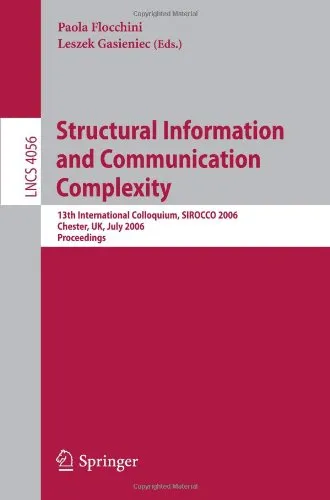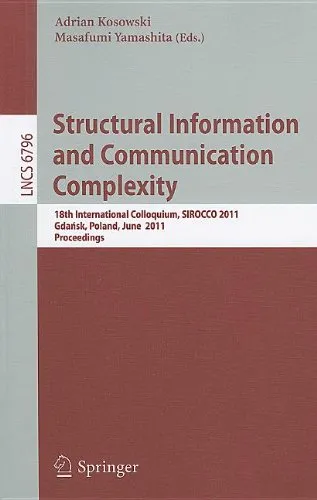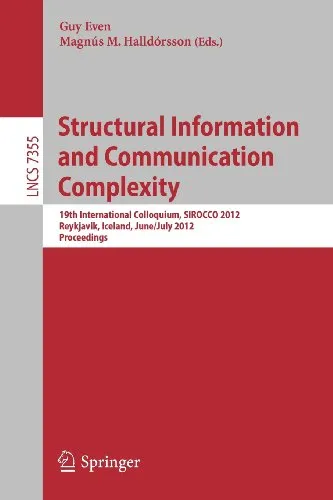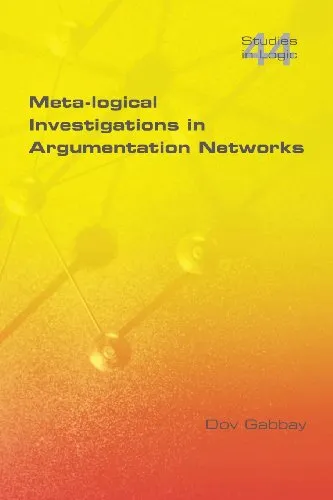Public Sector Reforms in Pakistan: Hierarchies, Markets and Networks (Public Sector Organizations)
4.5
Reviews from our users

You Can Ask your questions from this book's AI after Login
Each download or ask from book AI costs 2 points. To earn more free points, please visit the Points Guide Page and complete some valuable actions.کتاب های مرتبط:
Introduction to "Public Sector Reforms in Pakistan: Hierarchies, Markets and Networks"
"Public Sector Reforms in Pakistan: Hierarchies, Markets and Networks" is an insightful exploration of the transformations within Pakistan's public sector, with a focus on understanding and evaluating the complexities of its governing system. Featuring contributions from leading experts in public administration, this book adopts contemporary frameworks to analyze the hierarchies, market structures, and networks that form the backbone of governance in Pakistan. It is an essential resource for academics, policymakers, and students interested in public sector modernization, governance strategies, and effective service delivery.
Public sector reforms have been central to the economic and social development narrative in Pakistan, especially in an era of globalization and technological advancement. This book delves into the interplay between traditional bureaucratic setups and emerging governance practices, addressing the challenges, successes, and areas for improvement. It combines theoretical foundations with real-world examples to offer a grounded yet comprehensive assessment of public sector dynamics in the country.
This book is particularly important as it sheds light on the delicate balance between hierarchical governance models, market-driven reforms, and network-centric approaches. It examines whether such frameworks have been effective in addressing Pakistan's administrative inefficiencies or if they have inadvertently perpetuated existing issues. Through case studies and comparative analyses, the book provides a roadmap for crafting better reform mechanisms in public administration.
Detailed Summary of the Book
The essence of the book lies in its multidimensional approach, integrating theoretical constructs with practical insights. It is divided into several chapters, each catering to a specific aspect of public sector performance, reform, and challenges in Pakistan.
The book begins by contextualizing the historical and socio-political evolution of the public sector in Pakistan. It explains how colonial legacies and post-independence governance structures have shaped current practices. The transition from rigid bureaucratic hierarchies to more flexible, market-based models is critically examined, highlighting where these reforms have succeeded and where they have faltered. The authors present a nuanced discussion on how public-private partnerships (PPPs) and network governance have gained traction in reshaping service delivery mechanisms.
Later chapters dissect specific reform initiatives, analyzing policies on fiscal decentralization, privatization, and e-governance. The book also emphasizes capacity building, leadership, and institutional resilience, all of which are crucial for sustainable reform outcomes. By taking into account key stakeholder perspectives, this book offers an integrated analysis of reform processes, illustrating how they interact with existing power dynamics and governance frameworks.
The narrative is enriched with case studies from various sectors, including education, healthcare, and infrastructure development. These ground-level insights offer a rich perspective on the practical challenges and opportunities within Pakistan's public sector reform landscape. The book concludes with recommendations for future reforms, advocating for a more balanced approach that leverages hierarchies, markets, and networks cohesively.
Key Takeaways
This book presents several critical insights that are relevant for anyone interested in governance and institutional improvement.
- Understanding the interplay between hierarchies, markets, and networks in public sector management.
- Analyzing the impact of reform initiatives in key sectors such as education, healthcare, and infrastructure development.
- Gaining insights into the role of leadership, capacity building, and institutional resilience in driving reforms.
- Learning about the successes and limitations of decentralization, privatization, and e-governance efforts in Pakistan.
- Recognizing the challenges posed by corruption, bureaucratic red tape, and political interference in reform efforts.
Famous Quotes from the Book
- "Public sector reform is not merely a technical exercise but a political endeavor where power, incentives, and resistance shape outcomes."
- "Sustainable governance reform requires an adaptive approach—one that balances formal structures with innovative practices."
- "Pakistan's public sector reform journey is a mirror reflecting its larger societal struggles with development, equity, and institutional trust."
- "The synergy between technology and governance can be transformative, but only if it is inclusive and context-sensitive."
Why This Book Matters
The significance of this book lies in its ability to provide a holistic view of public sector reforms in a challenging and dynamic context like Pakistan. While much has been written about governance and public administration globally, this book takes a localized yet theoretically robust approach to analyze reform outcomes in Pakistan.
By offering a blend of academic rigor and practical insights, it serves as a vital resource for policymakers who aim to design and implement effective reform strategies. The book is equally valuable for students and researchers in public administration, political science, and development studies, as it bridges the gap between theory and practice. Moreover, its focus on critical concepts such as decentralization, network governance, and public-private collaboration makes it a timely and relevant contribution to the field of governance.
In an era where public sector reform is increasingly recognized as a cornerstone of national development, this book serves as both a diagnostic tool and a reform blueprint, helping stakeholders at all levels navigate the complexities of governance in Pakistan effectively.
Free Direct Download
You Can Download this book after Login
Accessing books through legal platforms and public libraries not only supports the rights of authors and publishers but also contributes to the sustainability of reading culture. Before downloading, please take a moment to consider these options.
Find this book on other platforms:
WorldCat helps you find books in libraries worldwide.
See ratings, reviews, and discussions on Goodreads.
Find and buy rare or used books on AbeBooks.
1408
بازدید4.5
امتیاز0
نظر98%
رضایتReviews:
4.5
Based on 0 users review
Questions & Answers
Ask questions about this book or help others by answering
No questions yet. Be the first to ask!
